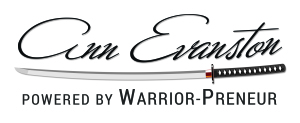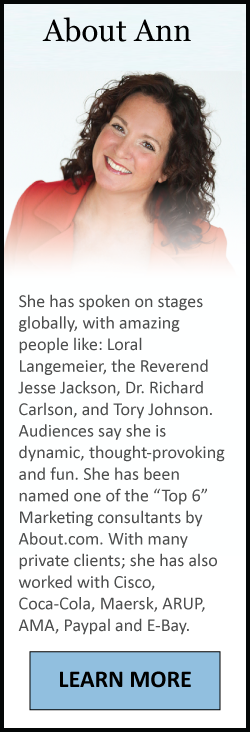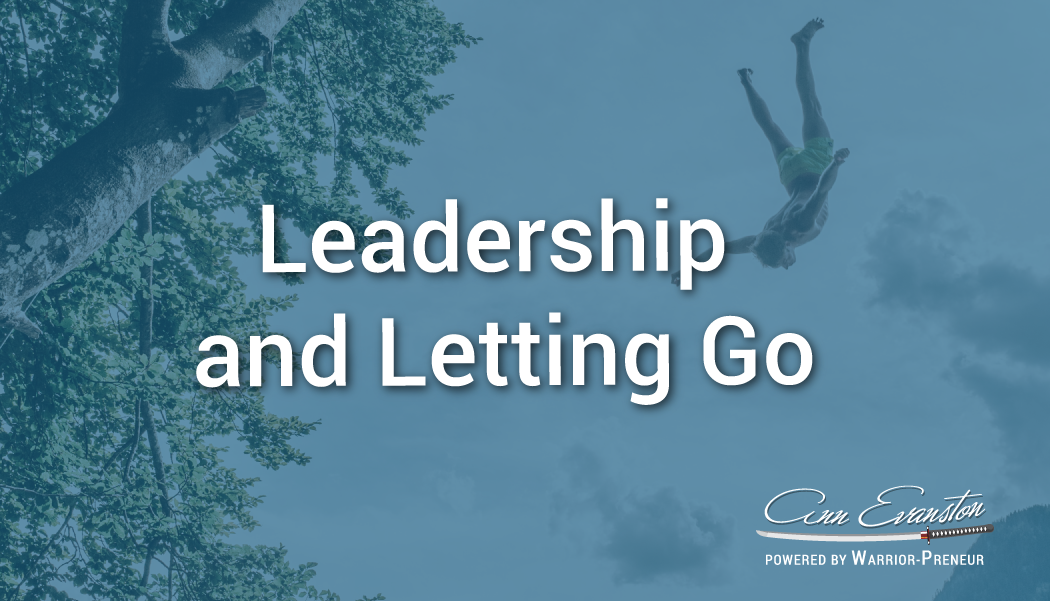
by Ann Evanston | Dec 13, 2017 | Leadership, Personal Power
Many leaders struggle with letting go. Particularly tasks. Things they know how to do REALLY well. Things they think will burden others. Things they can just do “better faster quicker“ themselves.
As leaders, our responsibilities are to coach, develop, and delegate. When we don’t we send messages to those we lead. That we don’t trust. That we are unsure. That we like doing versus leading.
Coaching, developing, and delegating are our primary responsibilities as a leader. And doing that requires we let go. Not only of the tasks, but also of our mindsets that “they aren’t ready”. Or they already have “too much to do.”
It also requires that we believe they can. And that we trust they can.

by Ann Evanston | Dec 12, 2017 | Mindsets
In my program for entrepreneurs and speakers, where I teach the five steps to selling from the stage with ease, I speak to the importance of the mindset of expert in the second step.
Too often we as women can give everybody else credit for being an expert. We have a hard time drawing from with in and knowing that we really have had a unique experience that allows us to “own” expertise.
[Tweet “Influential people own their expert!”]
The expert mindset doesn’t mean you’re done learning. The expert mindset is just about being able to tap from within and know that you are truly ready to teach others through your experience.
With an expert mindset you can look at your abilities and experiences and realize that there is a way to organize that knowledge for others. Yes, in the beginning that can feel difficult. Trust me though if you evaluate what you’ve been doing over time, you will see and own what you do.

by Ann Evanston | Dec 10, 2017 | Boundaries, Relationship
To be able to set healthy boundaries with friends, family, even work you must love yourself enough. I feel this simple statement can confuse some. I often hear: “I have no problem setting boundaries at home Ann, just at work.”
Is that because you feel safe to set them there? You know THEY will still love you?
Is the fear at work that “they might not like you?” If yes, then I ask: “Do you love yourself enough to be ok if someone doesn’t like you? Do you love yourself enough that being respected at work, with heathy boundaries, matters more?”
When you love yourself you also clearly know what your boundaries are and feel comfortable communicating them. If you struggle with WHAT they are it may be time to look into your self worth and why you believe you cannot have healthy boundaries.
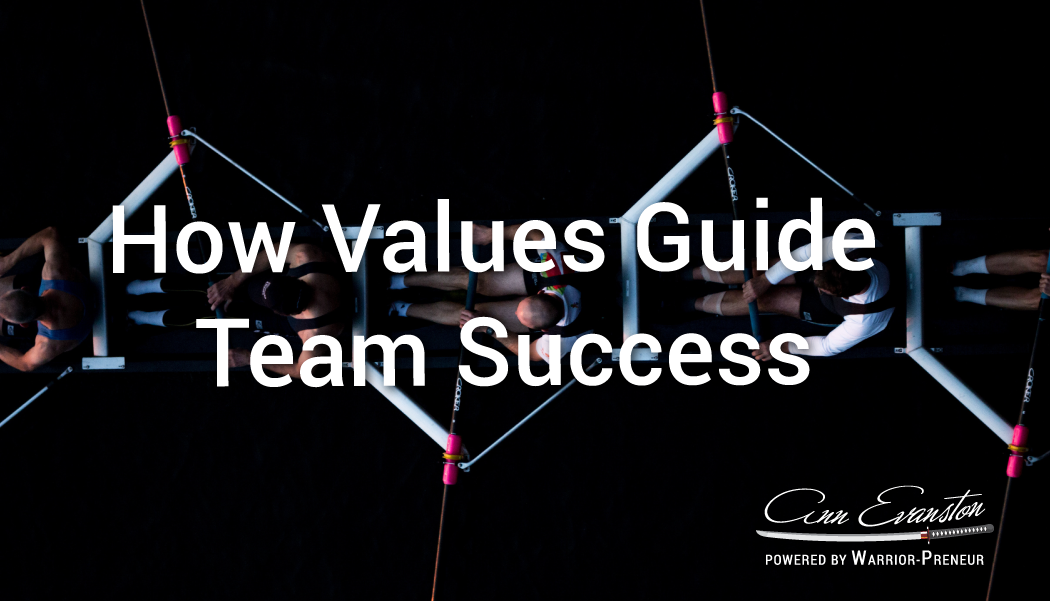
by Ann Evanston | Dec 8, 2017 | Vision Values Purpose
Facilitating with a team this week brought an insight about values to light. I believe in vision, mission and values statements ( if you follow me or read my blog you probably know that, lol). I see them as ways in be authentic, consistent and influential.
While working on building “team ground rules”participants were writing values instead. Things like: “respect on another” or “have integrity”.
They thought they were writing rules of engagement. But these are values. So I coached the group.
“A value (respect) guides our behavior. A rule is behavior that guides that value. So if respect is the value, how do we want the team to behave to show respect?”
They listen to each other. Everyone gets a turn. They reach consensus.
Yes! Now we have turned values into ground rules (rules of engagement) that we can reinforce and follow up with. That guides team success.
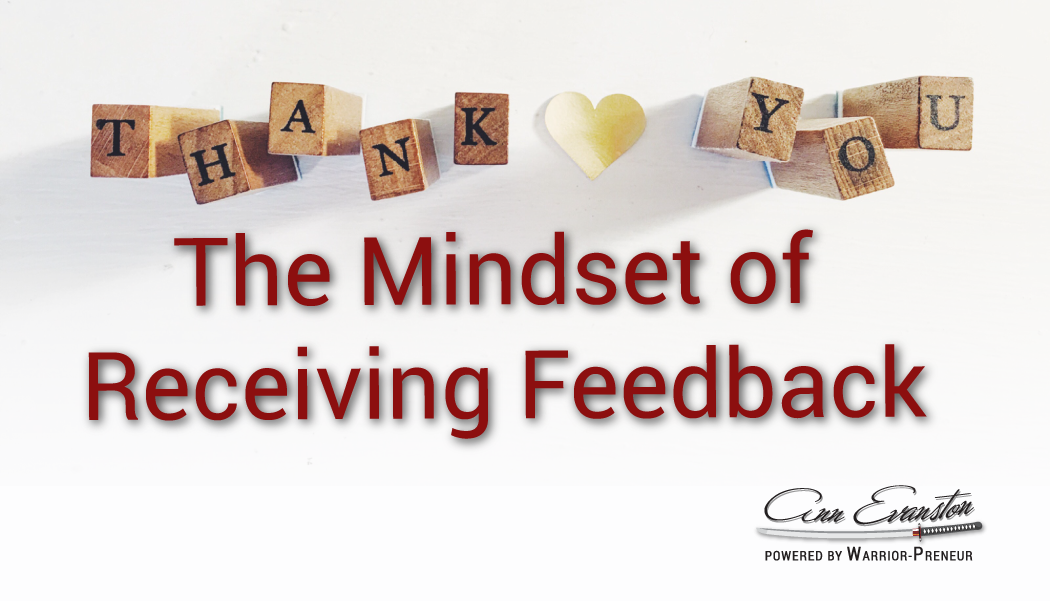
by Ann Evanston | Dec 5, 2017 | Uncategorized
The mindset of receiving feedback is pretty simple: always say thank you. Live with the idea that all feedback, yes even poorly given and critical feedback is a good thing. Then you always say thank you. If you believe that feedback is important for growth and development, then you always say thank you.
It’s simple mindset of demonstrating that you’re open to what someone has to say. The beauty of feedback is just because someone gives it doesn’t mean you have to implement what they shared. That’s your choice after reflection.
When you believe that any feedback is better than no feedback it’s easier to not defend why you did what you did, and just say thank you.
Then you become known as a person who is open and receptive to feedback, you become more influential with others. They feel at ease.

